
Book
Thinking Machines
The Quest for Artificial Intelligence – and Where It’s Taking Us Next
We currently cannot offer you an audio version of this summary.
Recommendation
In his engaging overview of artificial intelligence (AI), tech journalist Luke Dormehl lucidly sets out the origins of AI, probes its applications and speculates with relish about its wider or wilder potential – for good, ill or some incomprehensible moral hinterland. “Narrow AI” pervades modern life – in wearable devices, smartphones, smart homes, translation apps, digital assistants, and more – while a “wide AI” looms. This presages great benefit – or maybe a “Technological Singularity” that will displace humankind from cognitive dominance.
Summary
About the Author
United Kingdom-based journalist Luke Dormehl‘s previous books include The Formula: How Algorithms Solve All Our Problems…and Create More.







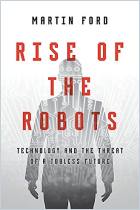
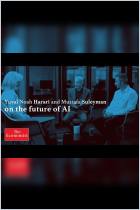
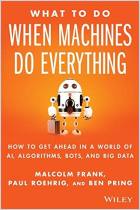
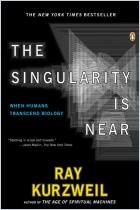

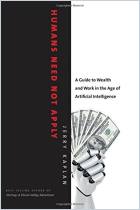
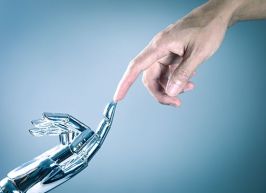


Comment on this summary or Start Discussion